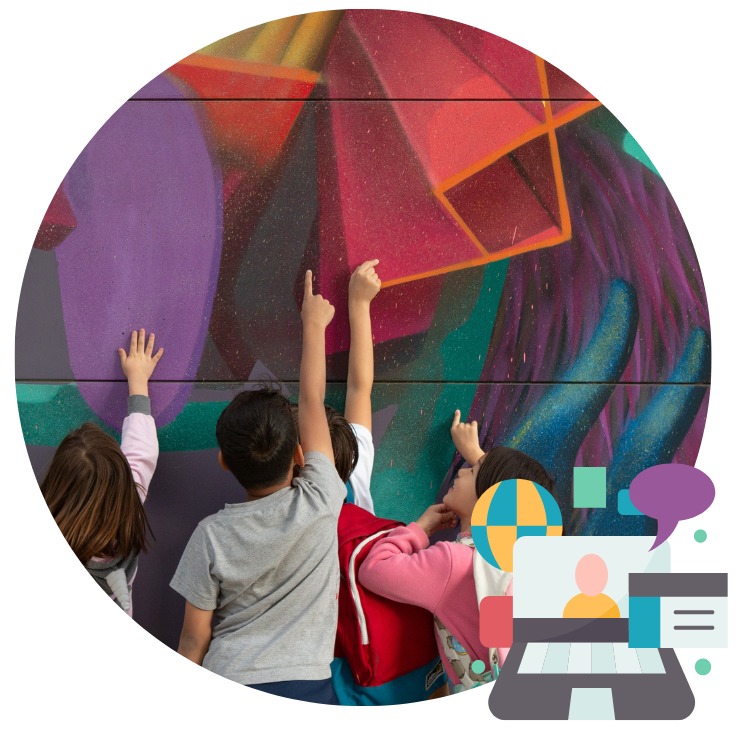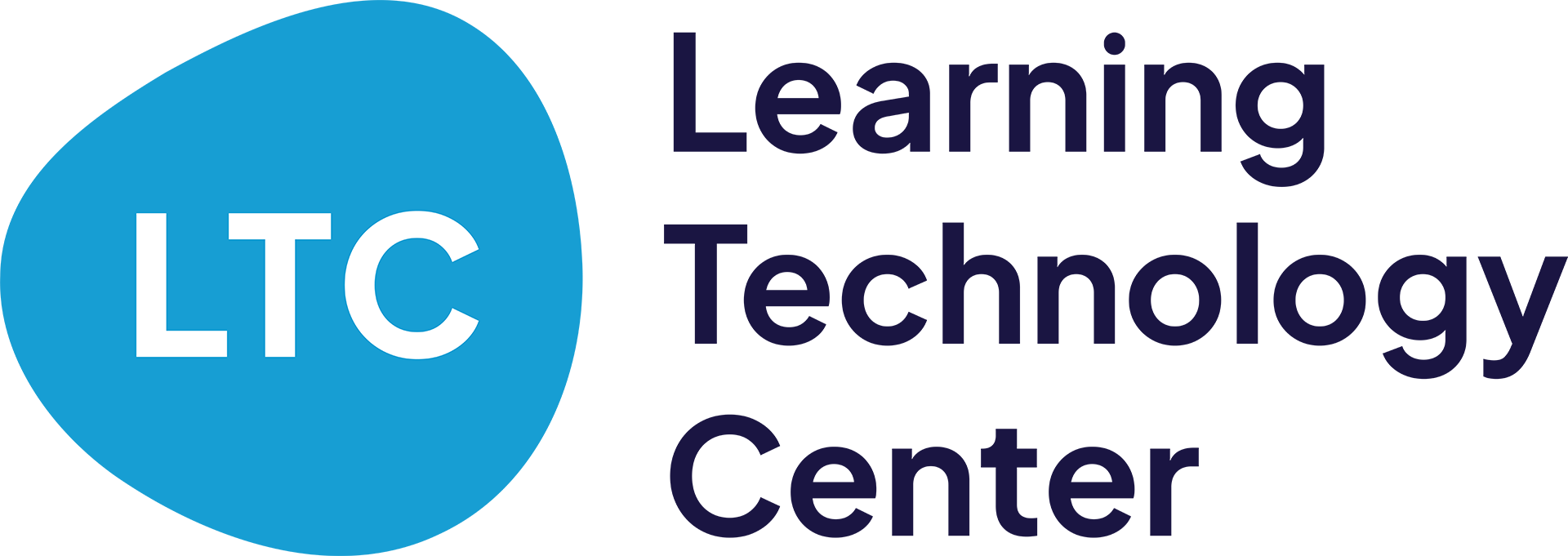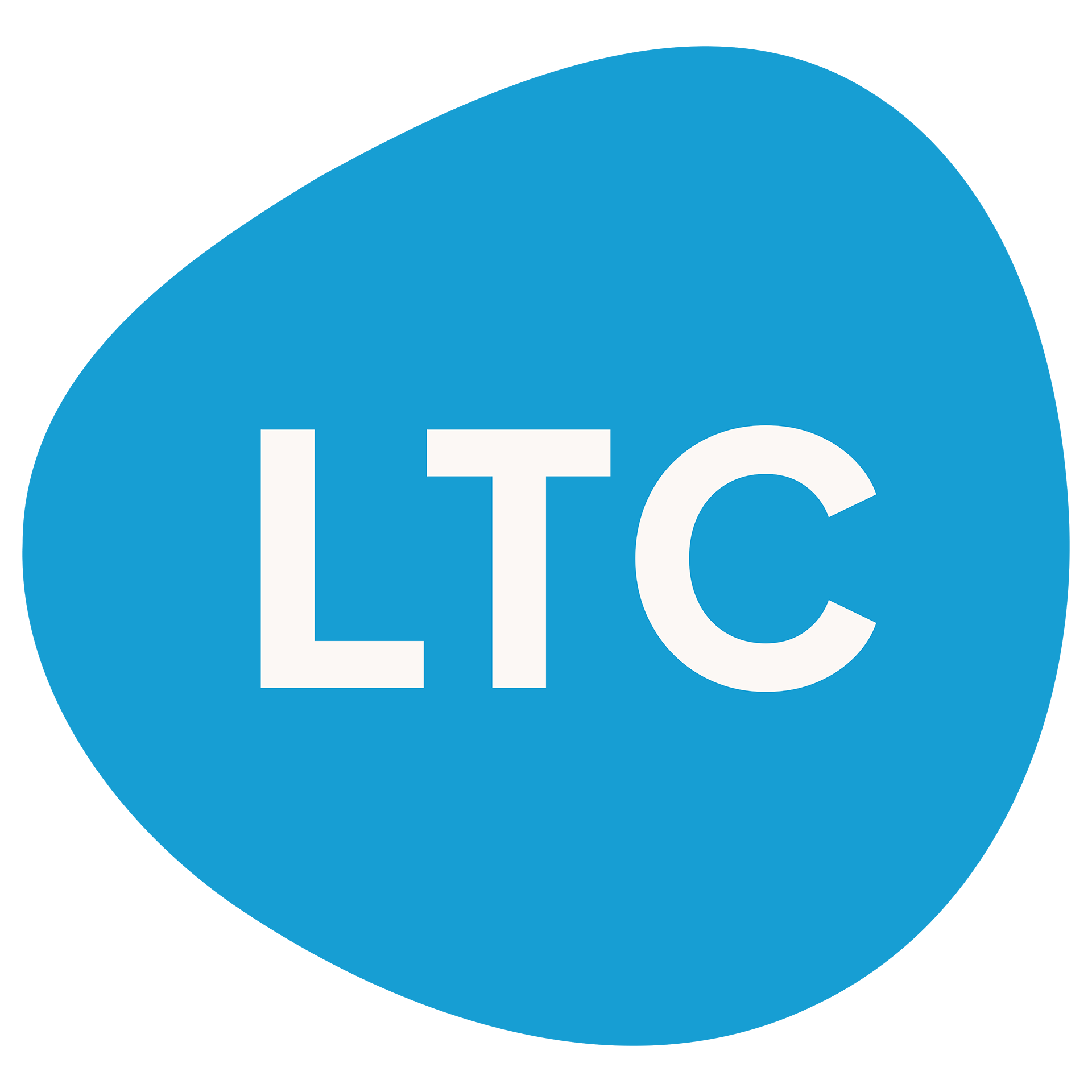
Attend DigLitCon
Discover innovative strategies and resources for honing contemporary literacy skills
Thank you for registering for DigLitCon!
You will receive an email confirmation for your registration.
If you have any questions, please email us at events@ltcillinois.org.
Fostering Digital Creators and Consumers
Join fellow K-12 educators and librarians for peer-led learning focused on relevant new literacies
Literacy is expanding. Today’s students need more than just a pen and paper to share their vision, their voice, and their knowledge.
DigLitCon captures digital literacy’s full potential in a focused, peer-led professional learning event developed with K-12 teachers and librarians in mind.
Digital literacy isn’t a single skill, either. Our interdisciplinary approach takes a big picture look at how media literacy, digital ethics, and more all link up to create well-rounded digital citizens – starting in your classroom.

Keynote

Dr. Devorah Heitner
Author, “Growing Up in Public: Coming of Age in a Digital World” and “Screenwise: Helping Kids Thrive (and Survive) in Their Digital World”
Dr. Devorah Heitner is the author of several books focused on providing timely, non-judgmental advice about technology and parenting in the digital age.
In addition to her published works, her pragmatic perspectives have led national conversations on mentoring kids in an always-connected world and appeared in the New York Times, The Washington Post, and The Wall Street Journal.
Dr. Heitner holds a Ph.D. in Media/Technology & Society from Northwestern University and has taught at both Northwestern and DePaul University. Her passion for digital literacy is more than academic as she raises her own teenager with her family in Chicagoland.
During her keynote, Dr. Heitner will explore how teachers and parents can mentor children growing up on Roblox, Instagram, TikTok, and other online platforms. With a focus on teens and tweens, she’ll also highlight practical strategies for fostering digital regulation, thoughtfulness about digital reputations, and awareness for how social media affects young peoples’ moods and mental health.
Conference Agenda
A full day of experts, insights, and resources
September 13 (Online)
8:00am – 8:30am Conference Platform Opens
8:40am – 8:45am Welcome & Opening Remarks
8:45am-9:45am Opening Keynote
10:00am-10:50am Breakout Sessions
11:00am-11:50am Breakout Sessions
11:50am-12:20pm Lunch
12:30am-1:20pm Breakout Sessions
1:30pm-2:20pm Breakout Sessions
2:20pm-2:30pm Wrap Up & Closing Remarks
Session Strands
The term “digital literacy” encapsulates a series of big ideas centered around helping students become productive, successful digital citizens and consumers. The following strands are big-picture topics with subtopics listed beneath them.
Information & News Literacy
Presentations in this strand will address search skills, finding reliable sources, checking for credibility, and recognizing fake news.
Visual Literacy
Presentations in this strand will focus on understanding algorithms, analyzing images, sketch-noting, and using visual content (including GIFs and memes) to enhance engagement.
Digital Communication
Presentations in this strand will consider the impact of digital communication by discussing different means of communication (i.e. texts, GIFs, emails, etc.), social media, online communities, personal learning networks, rights as citizens and consumers, and social norms.
Digital Tattoos
This strand will consider the impact of your digital tattoo, mapping online spaces, performing data digs, and managing your online persona.
Ethical Use of Digital Resources
This strand will address ethical issues such as copyright, referencing digital resources, making and remixing digital content, and Creative Commons licenses.
General
This strand will share existing resources related to digital literacy including Open Educational Resources.
Digital Citizenship
This strand will share resources and discuss cyberbullying, digital wellness, screentime, civic action and responsibilities, and existing digital citizenship resources.
Media Literacy
Presentations in this strand with share strategies in media literacy topics such as persuasion tactics, big data, media literacy basic concepts, and branding and advertising (along with how to deconstruct media messages).
Computer Literacy
Presentations in this strand will focus on understanding general computer language and how systems work. It will include sessions on privacy and security, how to protect yourself online, understanding data collection techniques and practical skills to avoid fraud, phishing, spam, etc.

